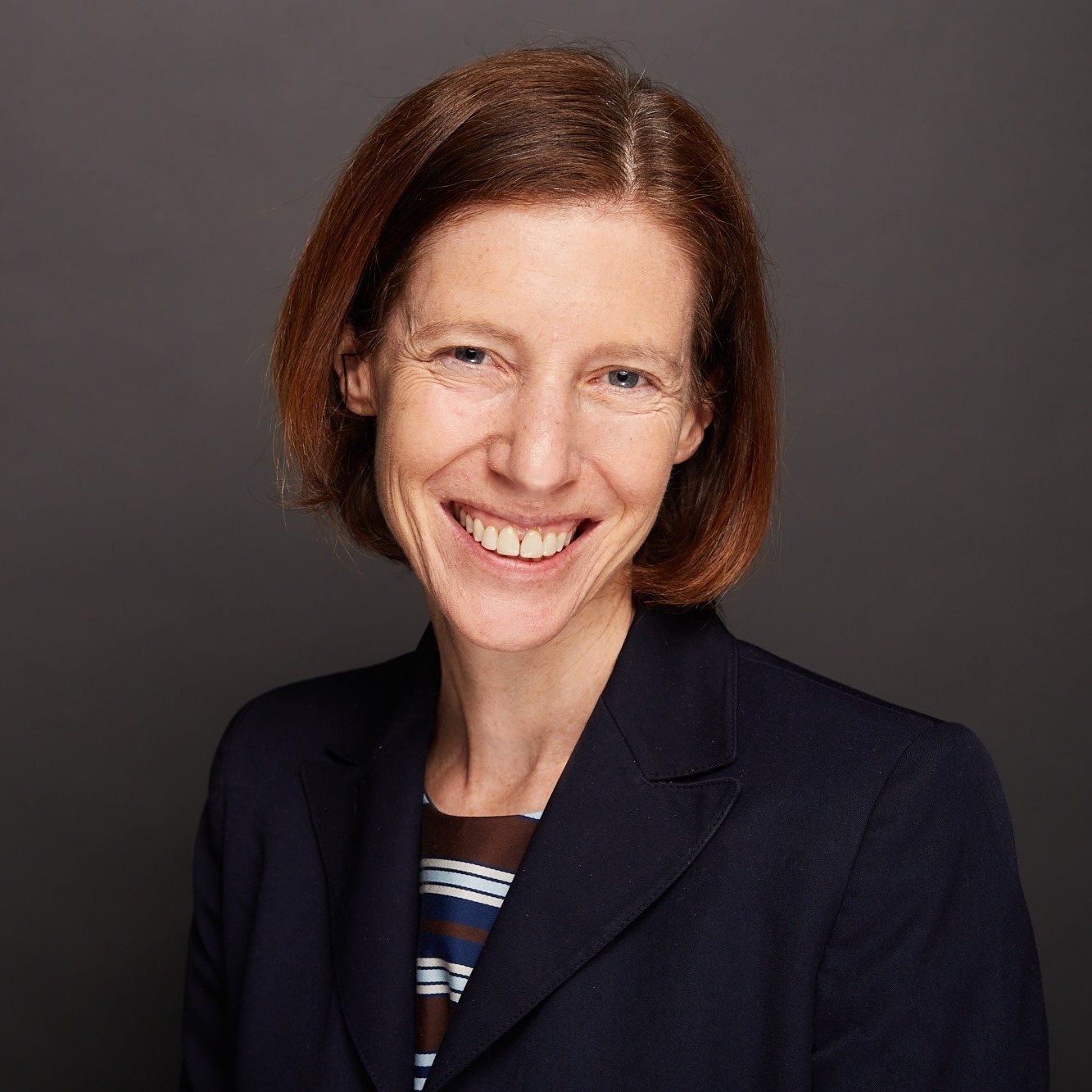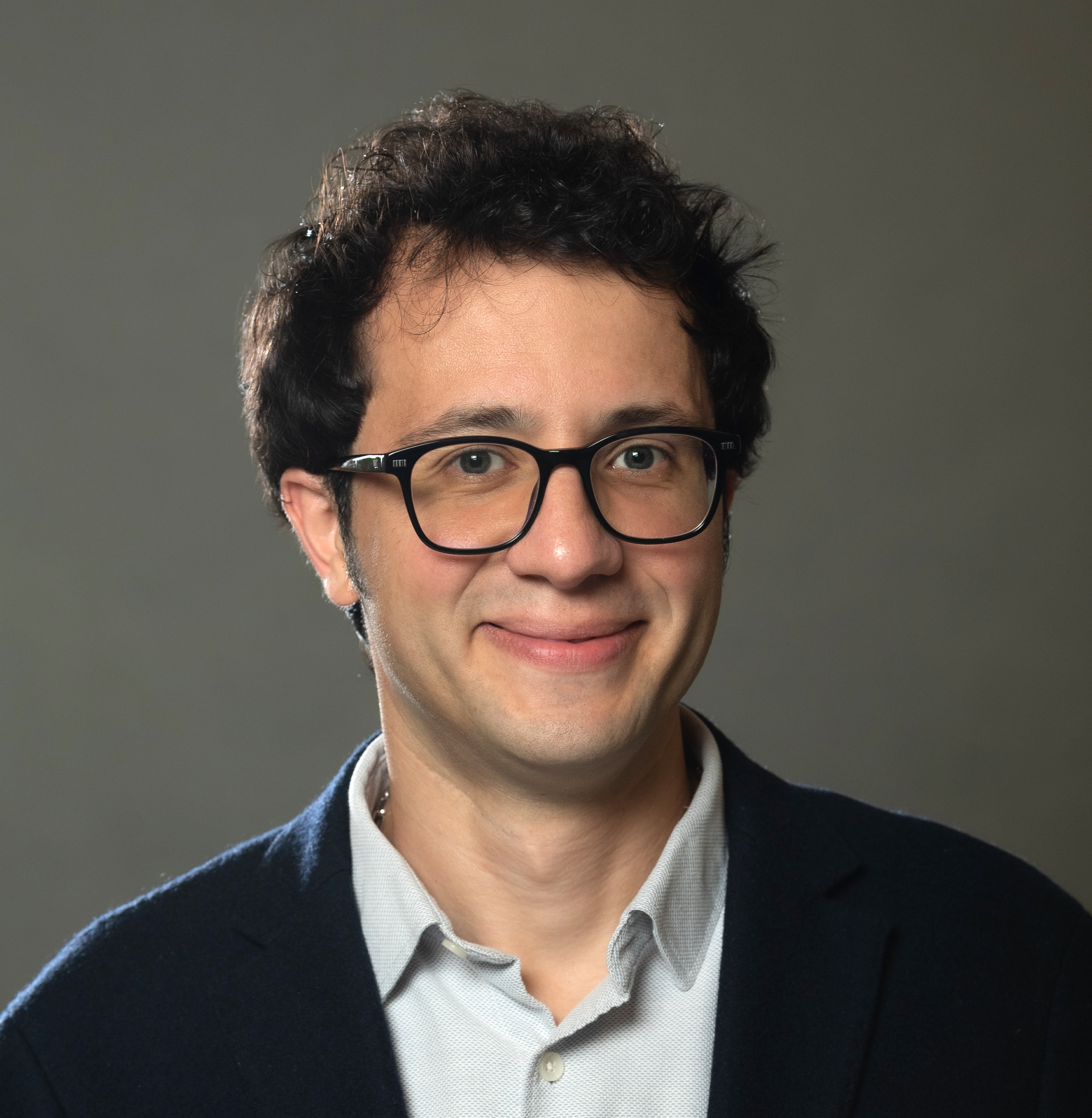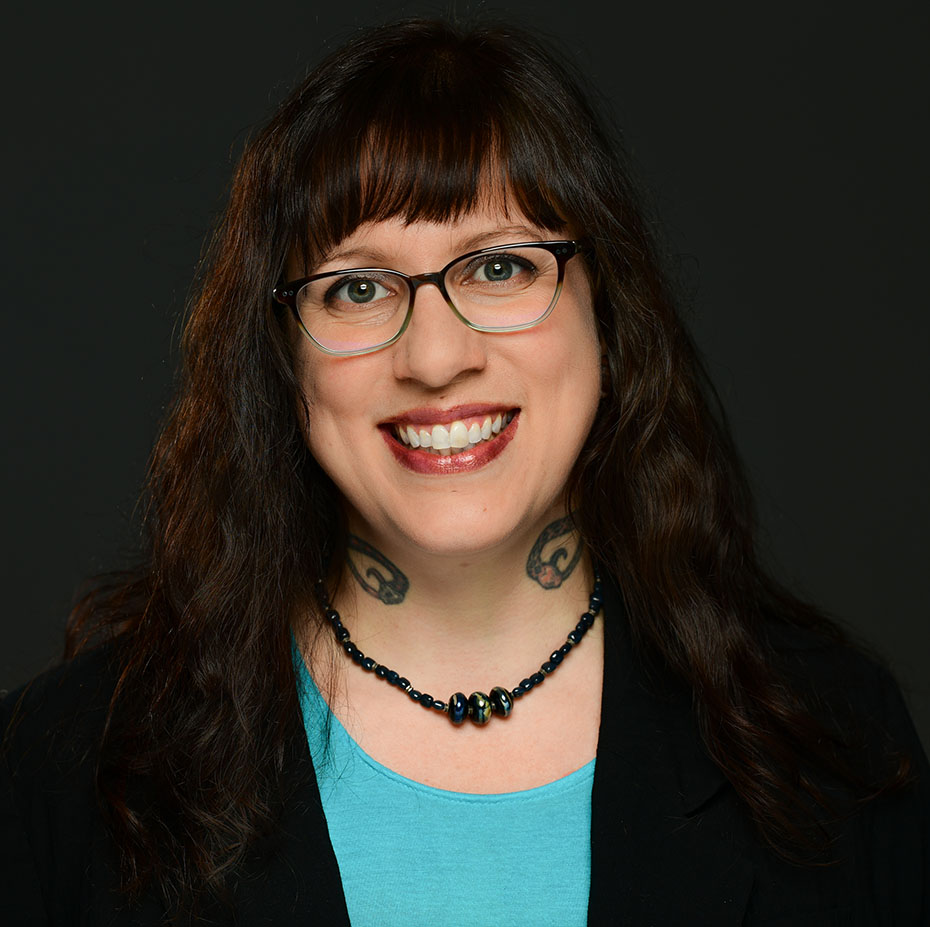|
Tuesday, October 24
General Session 11am–12pm EDT
AI, Accessibility, and Research Integrity: Opportunities and Challenges
Artificial intelligence (AI) is rapidly transforming scholarly publishing, with the potential to make research more accessible, ethical, and inclusive... along with the potential to amplify biases and raise serious research integrity issues. This session will explore the opportunities and challenges of AI for scholarly publishing, from the use of fine-tuned generative AI for research integrity, to transforming the research ecosystem into an accessible and inclusive place.

Welcome: Shari Leventhal, CSE President; Executive Editor, American Society of Nephrology
Washington, DC, USA
Shari is an Executive Editor at the American Society of Nephrology and the current President of CSE. Shari has a passion for peer review and the systems we use to navigate the peer review process. Successfully implemented workflow efficiencies bring her joy. In her spare time, Shari spends time with her husband, two sons (ages 16 and 12), and her beloved Basett/Beagle/Boxer, Grover.

Dr. Mohammad Hosseini, Northwestern University, Feinberg School of Medicine
Chicago, IL, USA
Mohammad Hosseini is a postdoctoral researcher based at Northwestern University Feinberg School of Medicine in Chicago. He collaborates with the Clinical and Translational Sciences Institute (NUCATS) and the Institute for Artificial Intelligence in Medicine (I.AIM). Mohammad is a guest lecturer of research ethics and integrity and responsible conduct of research, an associate editor of the journal of Accountability in Research and a member of the Global Young Academy.

Dr. Hong Zhou, Director of Intelligent Services Group, Wiley Partner Solutions
Oxford, UK
Hong leads the Intelligent Services Group in Wiley Partner Solution, which designs, develops and promotes intelligent services/products to enable automated, intelligent, and efficient research and publishing journeys by leveraging AI, big data, and cloud technologies. He also established and heads AI R&D Team, which designs award-winning AI-based solutions and next-generation information discovery systems for scholarly research. His personal research passion is supporting publishers’ success in their transition to Open Access and Open Science and helping global researchers know more, do more, and achieve more. Before joining Atypon in January 2017, Hong applied machine learning algorithms for the insurance industry as the CTO of Digital Fineprint served as a senior software engineer and development manager at Schlumberger, and developed racing games for the British video game developer Eutechnyx. Hong holds a Ph.D. in 3D modeling with artificial intelligence algorithms from Aberystwyth University in Wales, an MBA in Digital Transformation and strategy from the University of Oxford, a master’s degree in computer science from The University of Sheffield, and certifications in AI and Cloud from Stanford University and Google. As well as serving as a distinguished expert in the National Key Laboratory of Knowledge Mining and Service for Medical Journals in China, Hong is widely published on computer science and AI topics and presents regularly at prominent industry events. He has been recently appointed as an executive author and editor in the Scholarly Kitchen.

Moderator: Amanda Ferguson, Director, IFT Scientific Journals, Institute of Food Technologists
Portland, OR, USA
Amanda Ferguson is the Director of Scientific Journals at the Institute of Food Technologists. She holds a BFA from the University of Illinois and has worked in nonprofit scholarly publishing for over 20 years. Outside of IFT, she has been an active member of CSE for 12 years and currently serves as a CSE Board Director.
|